An electric bike, or e-bike, is a bicycle equipped with an electric motor to assist with propulsion. It allows riders to pedal with ease, using the motor for added speed and reduced effort.
Curious about the convenience of electric bikes? Wondering about the downtime between rides? Charging an electric bike is a breeze, typically taking anywhere from 2 to 6 hours. The exact duration depends on factors like battery capacity and charger power.
Charging an electric bike takes anywhere from 2 to 6 hours, depending on the battery capacity and charger specifications. Smaller batteries may charge faster, while larger ones may require more time. Most electric bikes come with a standard charger, and advancements in technology continue to improve charging times, making it convenient for riders to recharge their bikes overnight or during a workday for hassle-free commuting.
Main Steps to Charging an Electric Bike
- Plug In: Locate the charging port on your electric bike and plug in the charger securely. Make sure the power source is switched on.
- Check Battery Type: Confirm your electric bike’s battery type and capacity. Different batteries may have varying charging times and requirements.
- Set Charging Time: Determine the optimal charging duration based on your battery’s capacity. Avoid overcharging, as it may affect battery life in the long run.
- Wait Patiently: Once connected, patiently wait for the charging process to complete. Some electric bikes have indicators to show the progress of the charging cycle.
- Unplug and Go: Once fully charged, unplug the charger from both the bike and the power source. Your electric bike is now ready to hit the road with a full battery.
The Lifespan of Electric Bike Batteries
The lifespan of electric bike batteries is a key factor in determining the overall durability and performance of an electric bike. electric bike batteries last between 3 to 5 years, depending on various factors such as usage, charging habits, and the type of battery. Lithium-ion batteries, commonly used in electric bikes, tend to have a longer lifespan compared to older battery technologies.
Regular maintenance and proper charging practices, such as avoiding overcharging or extreme discharging, can help extend the life of the battery. Factors like temperature and storage conditions can impact the overall health of the battery. The initial cost of an electric bike may include the expense of a new battery, considering the long-term savings on fuel and maintenance costs make electric bikes an eco-friendly and cost-effective transportation option.
Disadvantages and Possible Dangers
Identify Potential Risks:
- Start by recognizing potential drawbacks or hazards associated with the subject. This could involve examining its impact on health, safety, or other relevant aspects.
Research Existing Issues:
- Conduct thorough research to understand any existing problems or challenges related to the topic. Look for studies, reports, or real-life examples that highlight the negative aspects.
Consider Long-Term Consequences:
- Evaluate the long-term consequences of the subject at hand. Some disadvantages may not be immediately apparent but can manifest over time, so it’s essential to anticipate future risks.
Explore Alternatives and Mitigations:
- Look into alternative approaches or solutions that might mitigate the identified disadvantages. Consider preventive measures or modifications to minimize potential dangers.
Communicate Findings Clearly:
- Share your findings clearly and concisely, emphasizing the potential risks and suggested mitigations. Effective communication is crucial for raising awareness and promoting informed decision-making.
E-bike charging time chart
| Battery Capacity | Charger Type | Charging Time |
| 250 Wh | Standard | 1-2 hours |
| 500 Wh | Standard | 2-4 hours |
| 750 Wh | Fast | 3-5 hours |
| 1,000 Wh | Fast | 4-6 hours |
- Charging times may vary based on the specific model, charger efficiency, and other factors.
- “Standard” chargers typically have lower power output, while “Fast” chargers provide a quicker charging experience.
- Always refer to the manufacturer’s guidelines for accurate charging information for your specific electric bike model.
How long does it take to charge an electric bike at home?
Charging an electric bike at home is a straightforward process that typically takes a few hours. The exact time varies based on the battery capacity and the charger’s power. It takes around 4 to 6 hours to fully charge an electric bike from empty to 100%. Many electric bike users don’t let their batteries completely discharge before recharging, which can significantly reduce charging time.
Most electric bike chargers are designed for convenience and safety, automatically adjusting the charging speed as the battery approaches full capacity. So, riders can easily plug in their bikes when they’re not in use, ensuring they’re ready to hit the road after a short charging period.
5 Electric Bike Charging Tips for Long Battery Life
- Follow Manufacturer Guidelines:
- Adhere to the manufacturer’s charging guidelines for your electric bike. Different models may have specific recommendations regarding charging time, voltage, and frequency. Always consult the user manual for accurate information.
- Avoid Deep Discharges:
- Refrain from letting your electric bike battery discharge completely before recharging. Lithium-ion batteries, commonly used in e-bikes, tend to last longer when kept at moderate charge levels. Charge your bike before the battery level drops too low.
- Use a Quality Charger:
- Invest in a high-quality charger designed for your electric bike model. Cheap or incompatible chargers may not provide the right voltage and current, potentially affecting battery life. Stick to the charger provided by the manufacturer.
- Mind Temperature Conditions:
- Charge your electric bike in moderate temperature conditions. Extreme heat or cold can impact the battery’s performance and overall lifespan. If possible, store and charge your e-bike in a climate-controlled environment.
- Regular Maintenance Checks:
- Periodically inspect your electric bike’s battery and charging system. Look for any signs of wear or damage, and address issues promptly. Regular maintenance contributes to the longevity of both the battery and the overall e-bike system.
How much does it cost to charge an electric bike?
The cost to charge an electric bike is relatively affordable, making it an economical and eco-friendly transportation option. The expense primarily depends on your local electricity rates, the battery capacity of your e-bike, and the efficiency of the charging system.
Charging an electric bike with a standard battery capacity of around 500 watt-hours may cost between $0.05 and $0.15 per charge. This cost is significantly lower than fueling a traditional gas-powered vehicle. Charging at off-peak hours or using energy-efficient chargers can further reduce expenses. The financial aspect of charging an electric bike is often a fraction of the cost associated with conventional transportation methods.
Frequently Asked Questions
How long does it generally take to charge an electric bike?
The charging time for electric bikes varies based on battery capacity and charger type. On average, it takes 1-6 hours, with smaller capacities charging faster than larger ones.
What factors influence electric bike charging time?
Charging time is influenced by battery capacity, charger output, and the initial battery level. Fast chargers and smaller batteries tend to shorten charging durations.
Can I use any charger to charge my electric bike?
It’s recommended to use the charger provided by the manufacturer. Using an incompatible charger may affect charging times and battery health.
Is there a standard charging time for all electric bikes?
No, charging times vary among electric bike models. Refer to your bike’s user manual for accurate information on charging times and guidelines.
How can I optimize the charging time for my electric bike?
Avoid deep discharges, use a quality charger, maintain moderate temperature conditions, and perform regular battery and system checks to optimize charging efficiency and battery life.
Conclusion
The charging time for an electric bike is a variable influenced by factors such as battery capacity, charger type, and initial battery level. It takes anywhere from 1 to 6 hours to charge, with smaller batteries and fast chargers leading to quicker charging. It’s crucial to adhere to the manufacturer’s guidelines regarding charging to ensure optimal battery health and overall performance.
Regular maintenance, such as avoiding deep discharges and using quality chargers, plays a key role in maximizing the lifespan of the electric bike battery. Ultimately, understanding and following these considerations contribute to an efficient charging process and a prolonged, reliable electric biking experience.

I’m passionate electric scooter enthusiast and the voice behind this blog. I’m here to share my expertise and insights with you. From in-depth reviews to problem-solving guides, my goal is to help you make the most of your electric scooter experience.
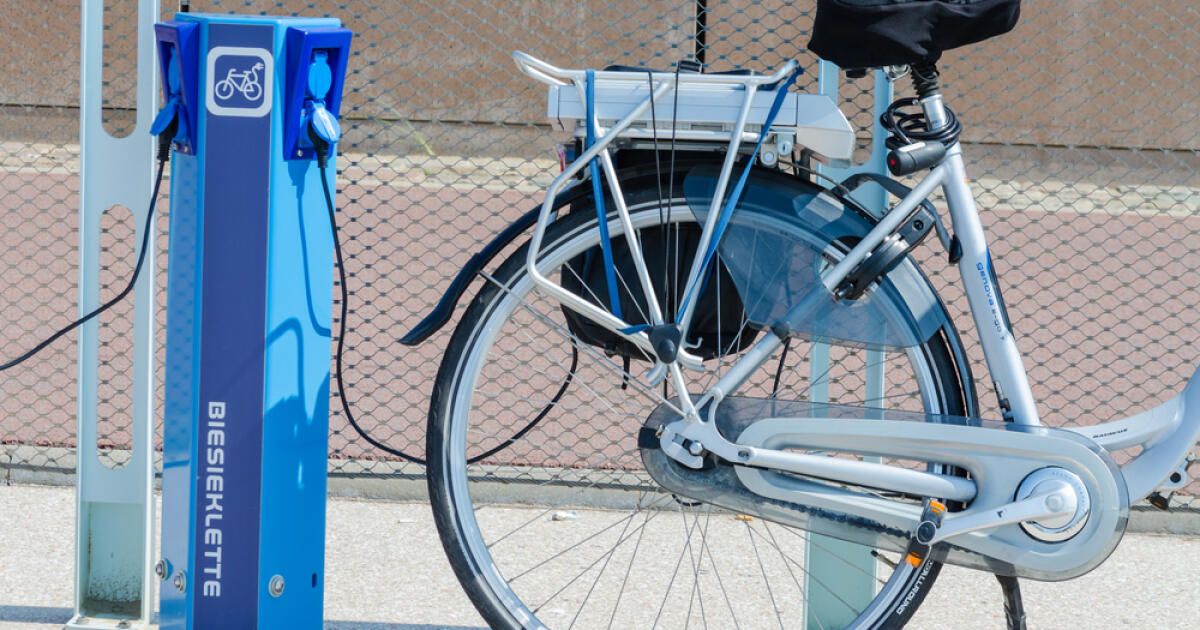
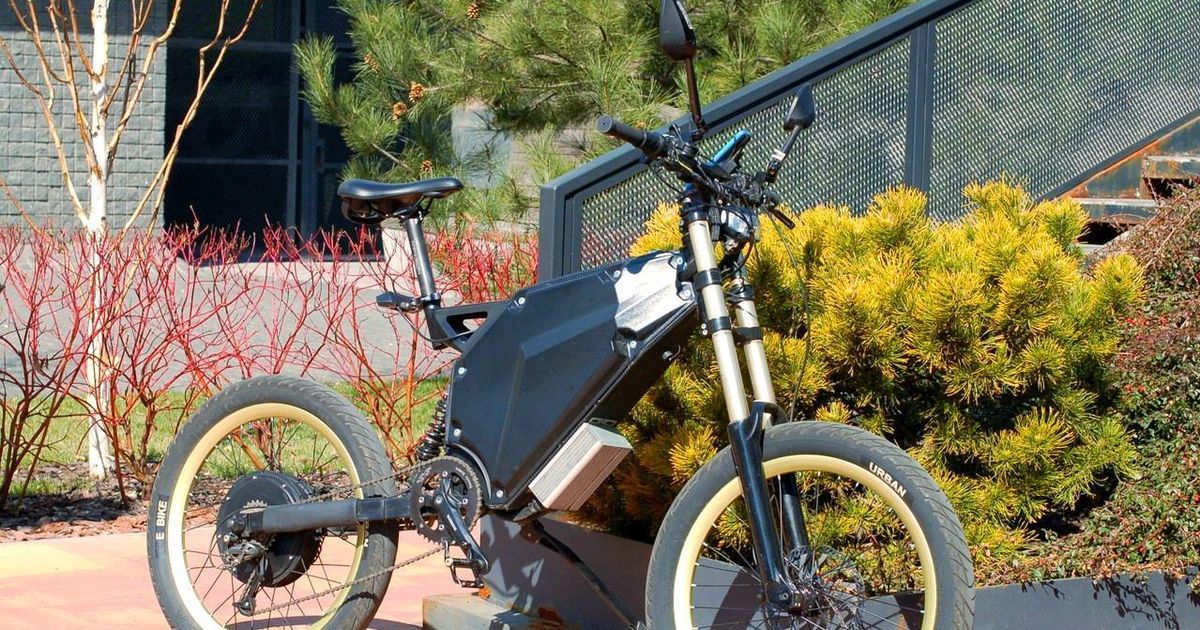
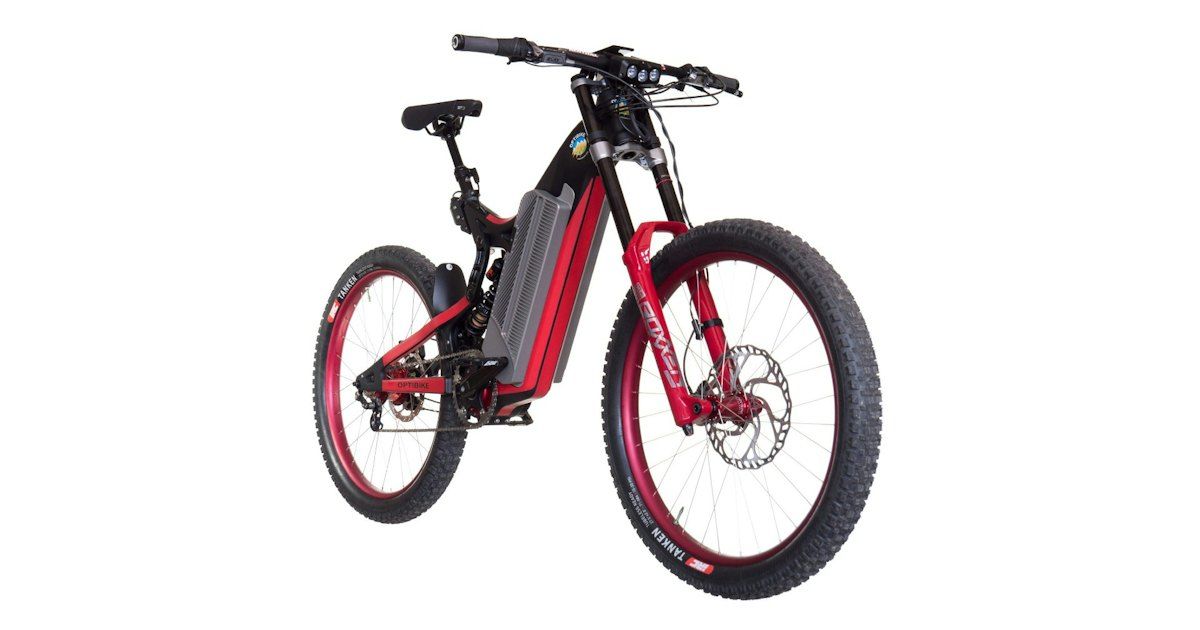

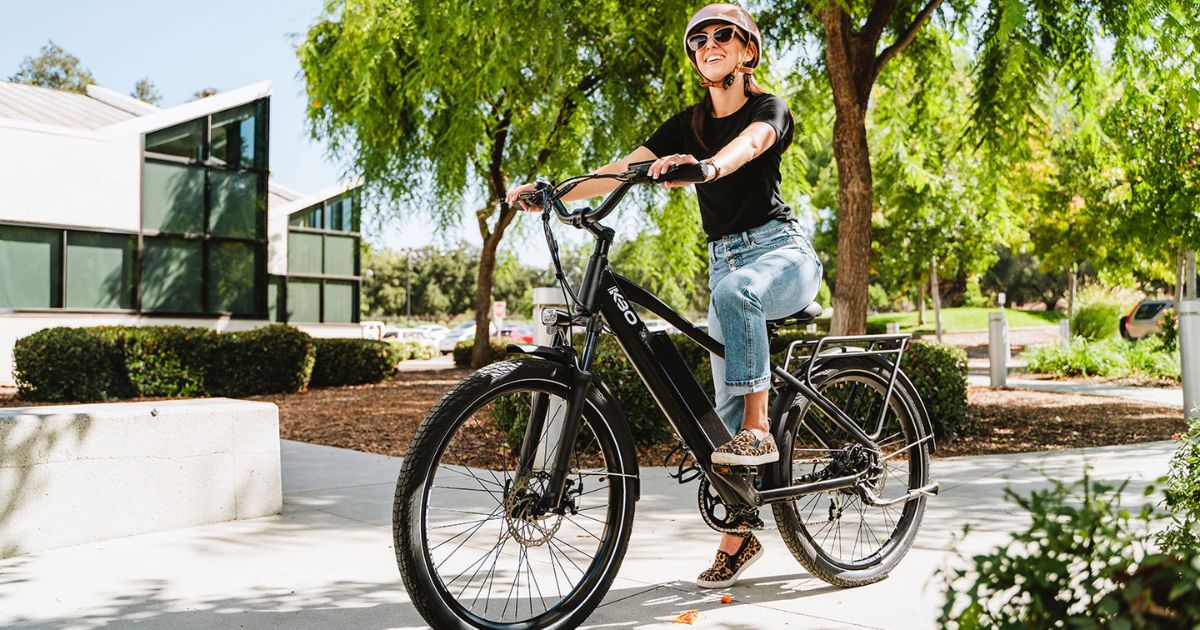
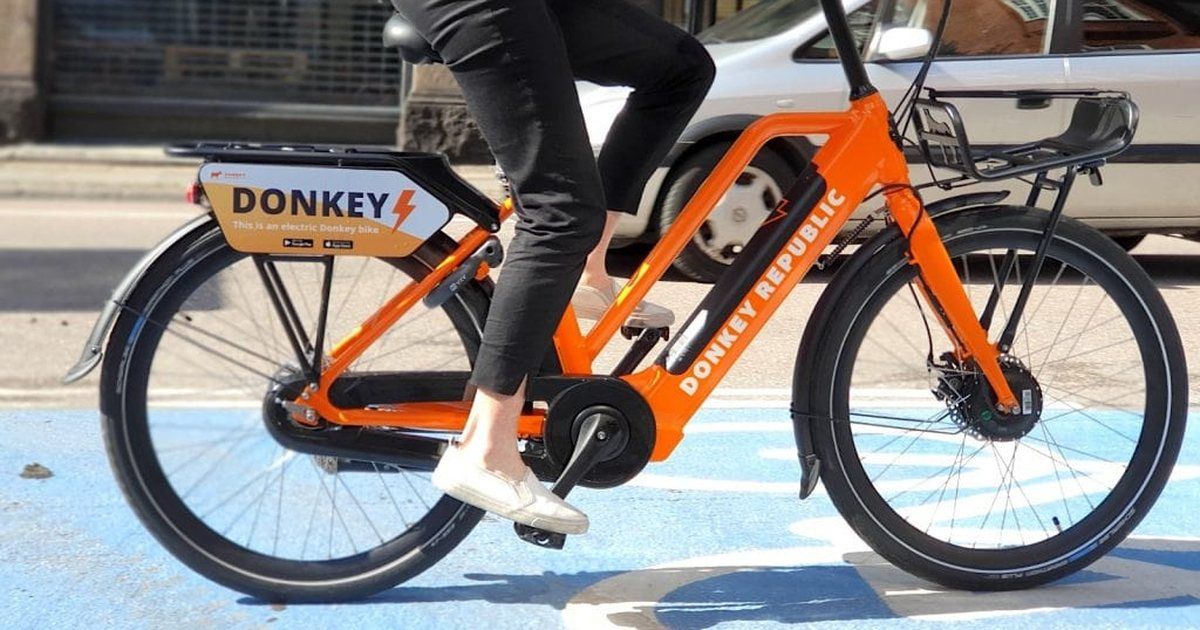
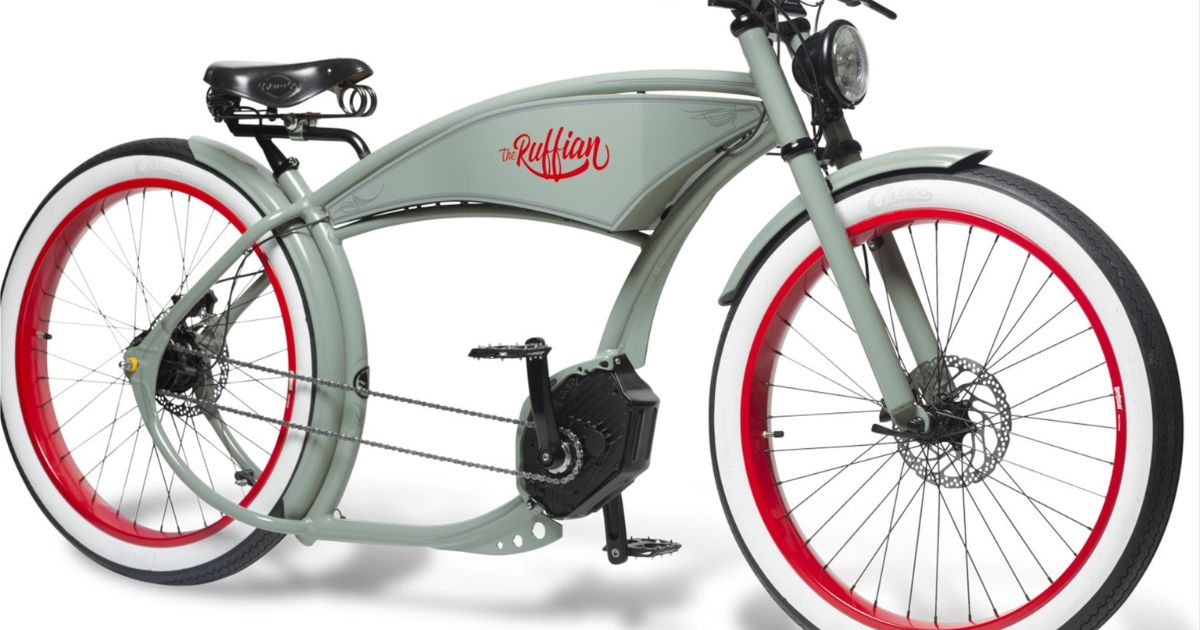
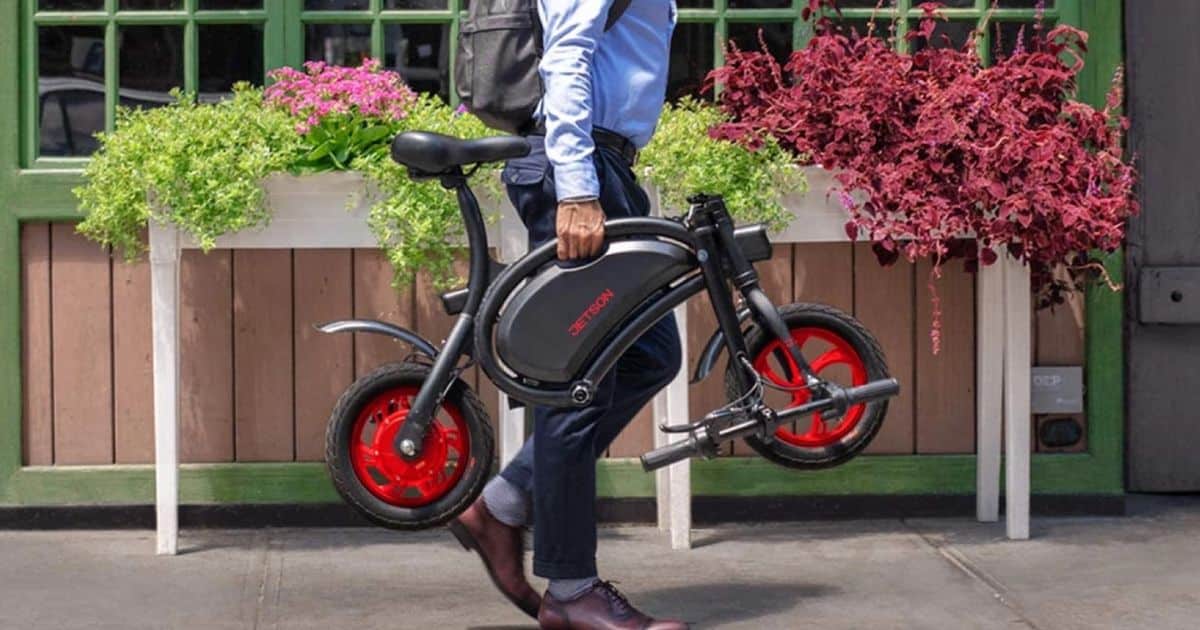


![Gomyfinance.com Invest: I Made $5,000 in My First Month [Real Results 2025]](https://electopolo.com/wp-content/uploads/2025/05/Gomyfinance.com-Invest-I-Made-5000-in-My-First-Month-Real-Results-2025-150x150.jpg)


